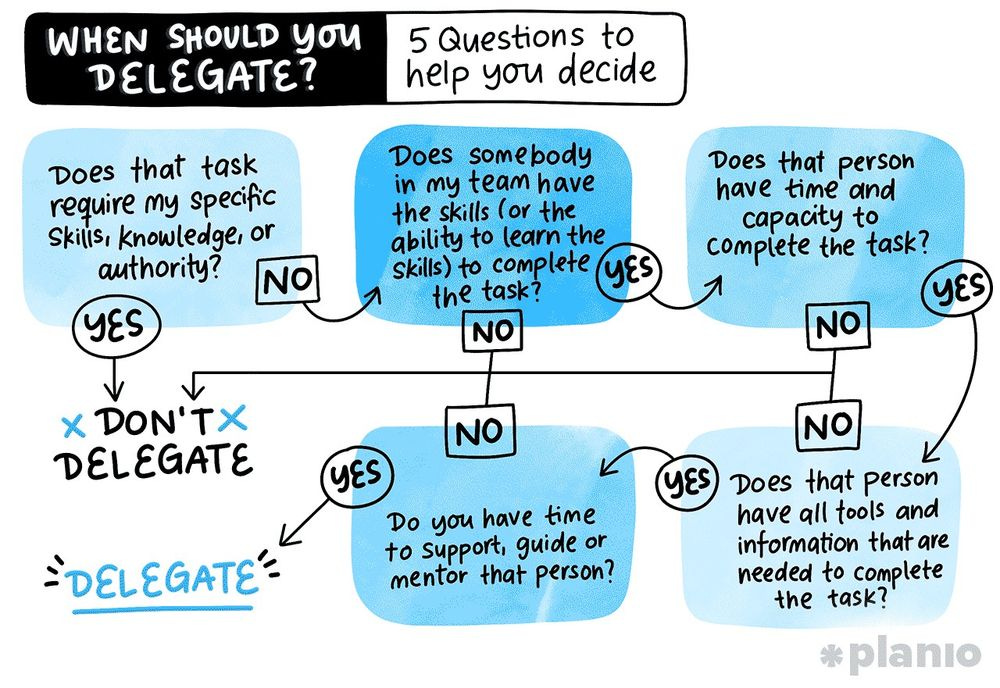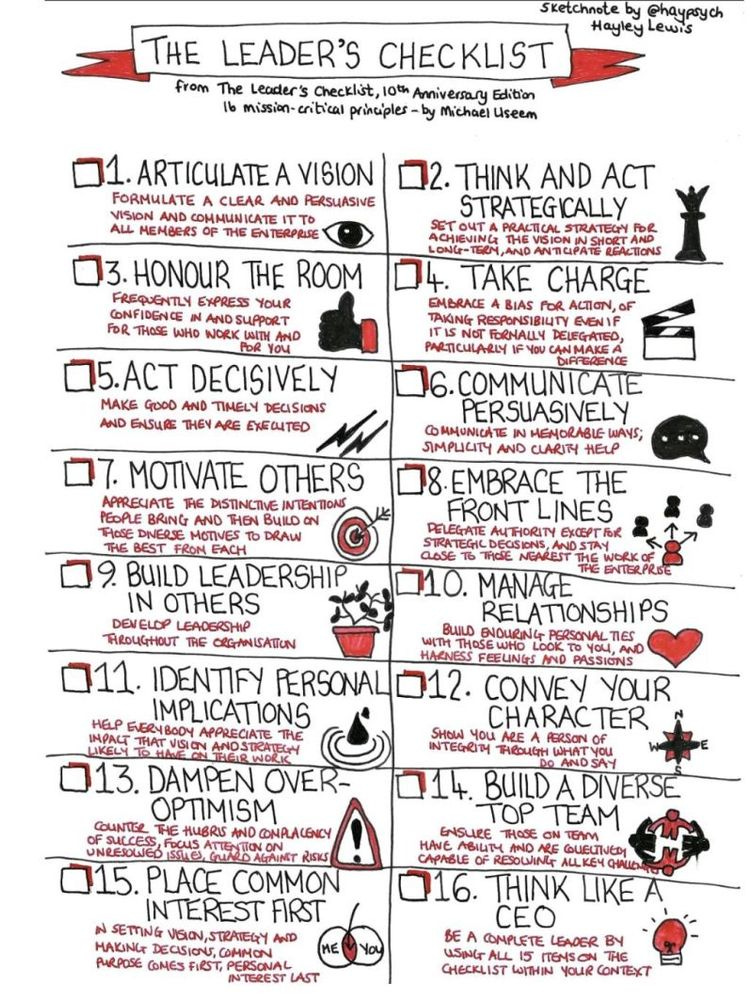Traits That Inspire Trust and Action
Not titles or charisma, it's integrity and vision that earn real respect
Good leaders are hard to find and make all the difference. Qualities a leader brings to the table can inspire trust, drive change and shape everyday lives.
When people know what to look for in a leader, they are way more likely to choose the right ones. That applies to candidates running for office or those managing a team at work. Inspiration, accountability and other traits are more than just buzzwords.
“I saw the Papal event. Leadership qualities are important,” said Dr. Stephanie Eloisa D. Miaco, a psychiatrist from Dumaguete City, the Philippines. “Politics may change, but everyone always knows what they want in a leader.”
Inspiring Leadership Starts with One Person at a Time
She talked with Dr. Helen Madamba, an obstetrician gynecologist, infectious disease specialist and executive director of the Share A Child Movement, and Dr. Remo Aguilar, an orthopedic surgeon, healthcare administrator and educator, about leaders and the qualities they look for.
“There are a lot of things affecting change in leadership, first being the election of Pope Leo XIV,” Madamba said. “Next was the appointment of our new regional director for the Department of Health Central Visayas Center for Health Development, Dr. Joshua Brillantes.
“We can’t lose hope in the leadership of our country or our healthcare,” she said. “There are many changes in our hospital because a lot of people want to change the system. We have a visionary leader who is willing to make things happen.”
Still tasting her “disappointment and heartbreak” from the last elections, Madamba prays for good outcomes the next time.
Traits of Good Leaders
That starts with her “short list” of good leaders’ qualities:
Integrity
Honesty
Sincerity
Vision
Passion
Competence
Consistency
Accountability
Transparency
Commitment
In addition, people expect those in charge to be trustworthy and smart — willing to share the load through delegating and raising up others.
“The ability to delegate really is worth talking about,” Miaco said. “I have heard many young people in my practice who have complained that they have had severe stress from having to do all the work in group work as leaders so tasks can be done as they want it. It’s sad.”
Be Bold to Own Your Ideas and Lead People Who Need Help
Possessive leaders display a key weakness about their security.
“It takes a lot of trust to delegate tasks,” Madamba said. “A leader should also be able to evaluate if a subordinate is capable and willing to do the work so that neither the leader nor the subordinate is burnt out.”
Even sadder is when those in charge take all the credit for what others have done.
“This one is a real problem, as well,” Miaco said. “When people take credit for their subordinates’ hard work, other voices don’t get heard.”
Then there are great expectations leading to no good deed going unpunished.
“This is a big problem in the workplace and organizational culture,” Aguilar said. “We have normalized volunteerism and additional work as part of a good work ethic, which often leads to burnout.”
Expect Too Much
This is particularly acute among medical providers.
“Volunteerism is a ‘good virtue,’ but we also have to consider that sometimes, the healthcare culture wants a whole lot more from us than in other professions,” Miaco said.
As someone who had been part of many groups in her life, she look for the following leadership qualities:
Intelligence and wisdom of experience
Emotional stability and fairness
Good listening and integration skills
Confidence and good intentions
Valuing the common good
“I wish I could see all these in the leaders I would vote for, but our culture of patronage politics fogs the view,” Aguilar said.
Significant leaders can leave indelible impressions on other people’s lives and careers.
“I have had many, but three of them most impacted me,” Aguilar said. “I’m still learning ‘othership.’ That means build leaders in others, coach and mentor, motivate others, manage relationships and communicate well.
“As a self-critic, I try to see leadership from different lenses and contexts — even phases in life to see common patterns,” he said. “I have had several reframes and rethinking in the past.”
Give Teams a Chance
Leaders will leave positive, lasting impressions when they trust in their people and delegate tasks to those knowledgeable in specific areas.
“There was a mentor and leader in the writing fellowship that I admire greatly,” Miaco said. “As a leader in a specialized, subjective field, I could see that she was a teacher first and foremost. She knew how to communicate feedback and inspired us to do well.
“In psychiatry residency training, our chairman was very fair and conscientious,” she said. “He taught us systems and how to manage things as best as we can.”
Madamba recalled a leader who has since passed, Dr. Helen Amorin.
“You could see the sincerity in her work,” Madamba said. “Her passion for resident trainee welfare was palpable. I was willing to put in the hours to be hands-on in training because she was doing the same — leading by example.”
Leaders Do Best When They Have Empathy for Their People
Checks and balances can improve a leader’s accountability.
“Quarterly or regular evaluations are necessary for anyone who leads,” Miaco said. “Complacency happens. Then we just let leaders coast on their laurels, even if they weren’t effective anymore.”
Leaders have to communicate openly and frequently, knowing that dialog is a two-way street. An open mind is great for accountability.
“I am so for dialogue,” Miaco said. “We need it all the time in all relationships, especially with a leader and group.”
Ultimately, leadership revolves around trust.
“Accountability is owning your actions and outcome,” Aguilar said. “That means character, integrity, compassion and empathy as core values.”



